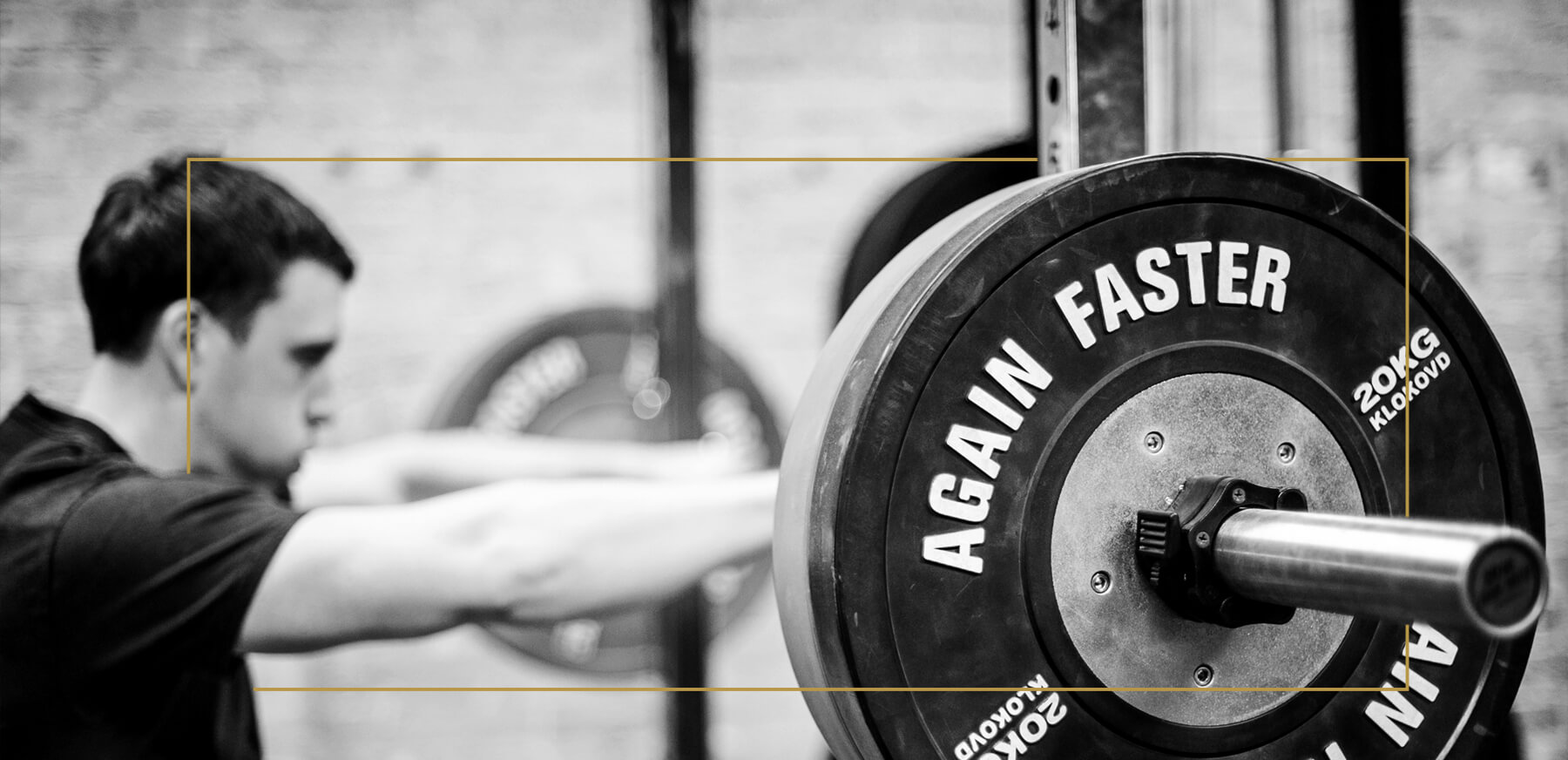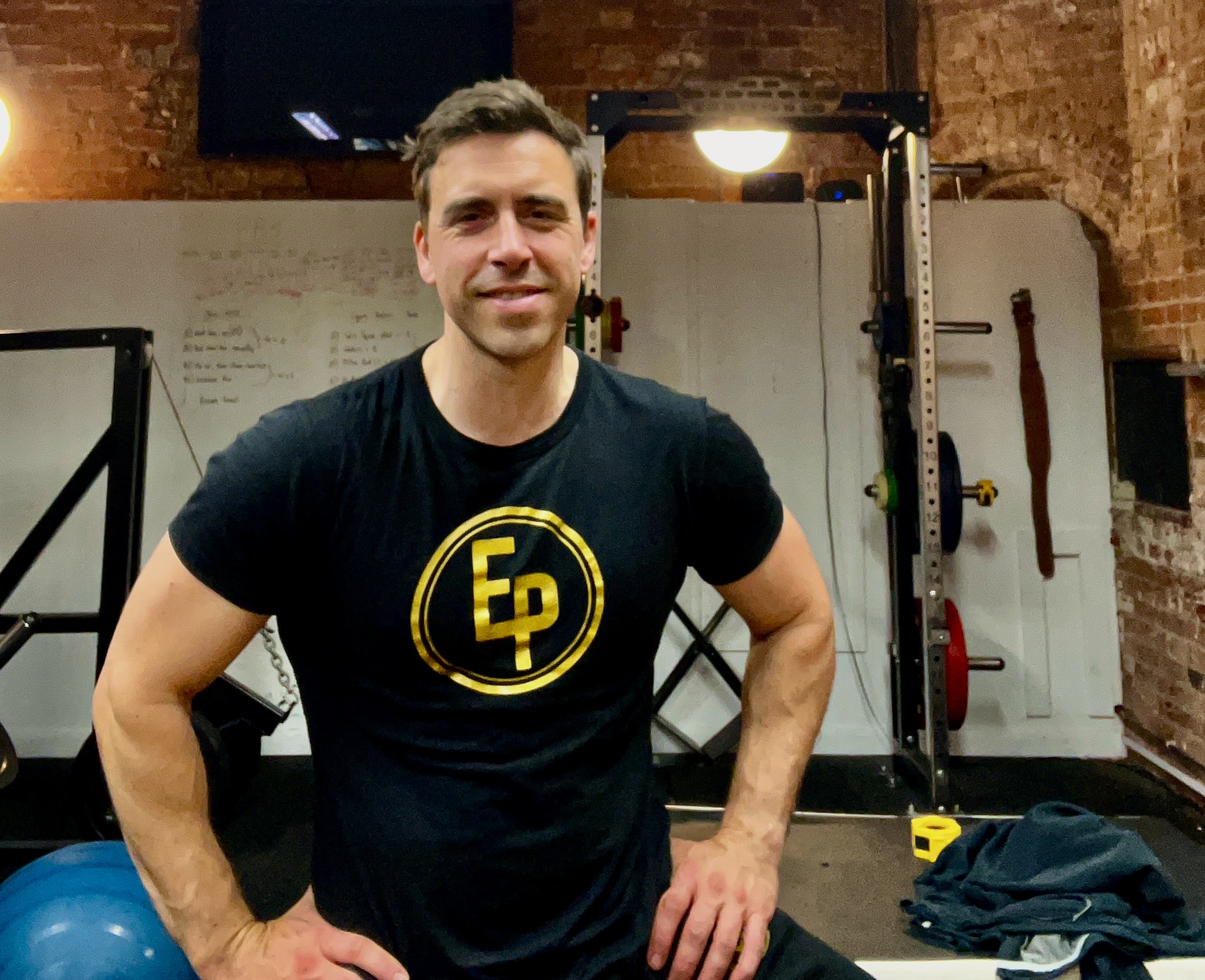How to make a resolution stick. (3/5)
Develop a reflective practice to stay on track.
In my 20+ years coaching, I can tell you one truism that I suggest you really take in. Anyone can start a wellness or fitness regimen, but it is how long you can be consistent that determines your success. Most fall off the wagon pretty quickly. Some make it a good few months, very few make it a new way of life. Even so, 90% of what is written about how to get in great shape is on what to do, and very little written on how to sustain efforts over time.
This piece is about just that. It is not an exhaustive piece on the topic, that would be a book. However, it will give you one tool that is proven to work in many fields and should help greatly. That tool is a reflective practice.
One of the greatest learning tools we have at our disposal is reflective practice. This practice engages our deeply hard-wired inner learning mechanisms. This form of self directed learning leads to deep insights and a form of knowing that is more engrained in our nervous system than simply academic knowledge. Most of us have never been introduced to the concept, let alone developed a formal, regular habit of using it to help ourselves grow.
It’s really quite simple. You turn your attention inwards, reflecting on your actions and decisions and how that all played out. Essentially you gently interrogate your choices, thoughts, and feelings for a given situation. When done honestly, (and I beg you, with self compassion) This can be a powerful tool.
Well formed questions can be of great utility in prompting the right kind of thought and reflection (and thus insight). Here are the three questions I have found most useful, and most potent both in my own practice, and in my coaching work.
Q: In what way did I act incongruently with what I claim to want for myself today?
This question can hit quite hard. The wording is very deliberate. It really holds up the accountability mirror. You claim to want to get a six pack for example, but when you reflect on this question you realise you act every day in ways that undermine this goal. Either you need to make changes to make progress, and this question shines a spotlight on just exactly which changes. Or, maybe, you have the wrong goal. You really do not want a six pack (or whatever), because you’re unwilling to pay the price. Either way, the insights gleamed from this question get you to a better place.
Q: Why? (x5).
Asking why five times can get you to the deeper underlying motivations behind your actions, and help you get closer to your real blocks and problems. For example:
‘After work I stopped at the pub and had 3 pints, I didn’t need to, its not conducive to my goals’.
Why? ‘Habit I guess, I do that quite often and its a bit of a routine’.
Why? ‘I don’t really like going home straight away after work’.
Why? ‘Home is lonely, its just me and I get quite bored and lonely’.
Why? ‘Well I don’t have a partner and all my peer group are married with kids’.
Why don’t you have a partner? ‘I’m not sure, I guess I lost confidence after my divorce’.
It’s just an example (a very neat one). But it illustrates my point. Often, the behaviour you’re trying to change is a symptom of a deeper problem. Simply asking why 3-5 times helps dig down to to real issues.
And lastly, Q: What’s the story?
Bare with me here, this one is a little more complex and deserves its own post. We do not live in objective reality. We live in a story, a narrative, that we weave together based on reality. We give events and things meaning, we infer much of it. We layer on our own interpretations, all based on our unconscious biases, to form a story about our world that makes sense. If for a brief moment we can see our own narrative for what it is, just a story, we can give ourselves a chance at changing it for a more helpful one.
By simply asking: “what story am I telling myself about this”? We can begin to peel back the illusion that that story is a fixed objective reality, and write a more empowering, high level of story about our self and our life. Allow me to illustrate.
I know an executive / business owner. Really high level guy, successful business, millionaire I think. He had a story that he had to work 80+ hours a week and be actively involved in every aspect of his business or it would fall apart. As the business grew, he became more and more stretched thin and strained to the point where it was clearly unsustainable. It’s wasn’t his knowledge of the business, or the market, or the advertising that was holding him back from the next step. It was his story. The biggest problem was that it wasn’t a story to him, it was the objective truth. It was a narrative he believed so deeply it felt like unbreakable objective reality. Only once I helped him realise it was in fact a story, one of a great many possible stories, was he able to begin to break it. Once broken, we began to build a new story, something like ‘with the correct systems and people, I can liberate myself from certain business functions and actually improve performance of the company overall, while reducing my workload and increasing available attention and energy for more critical things’ (wordy, I know, but necessarily). Fast forward three months and he was less stressed, less strained, and the company was performing better, allowing a bigger and bolder vision for the future that was previously unrealistic.
The take home message is this: A reflective practice can help you understand where you’re falling short, holding yourself back, or on the wrong track entirely. I strongly recommended a daily practice, just you and a notebook. Weekly or even just quarterly sessions with a good coach can help hugely, because someone else asking these questions prevents you from bullshitting yourself so easily.
Be honest, reflect intensely, open up massive forward progress.
(PS final tip: if doing this alone, use pen and paper, not digital apps, or go for a walk in nature and talk out loud to yourself. They are scientifically proven to be the most effective methods).


